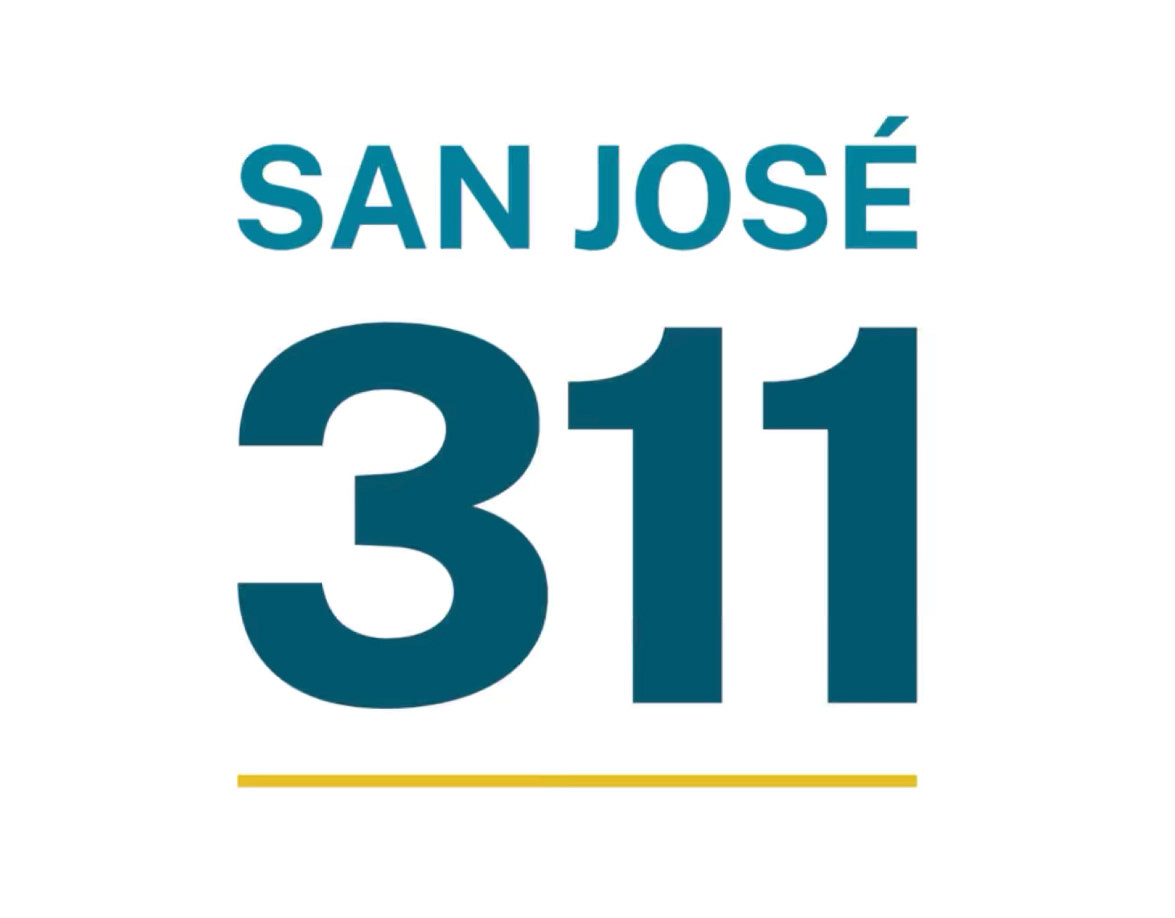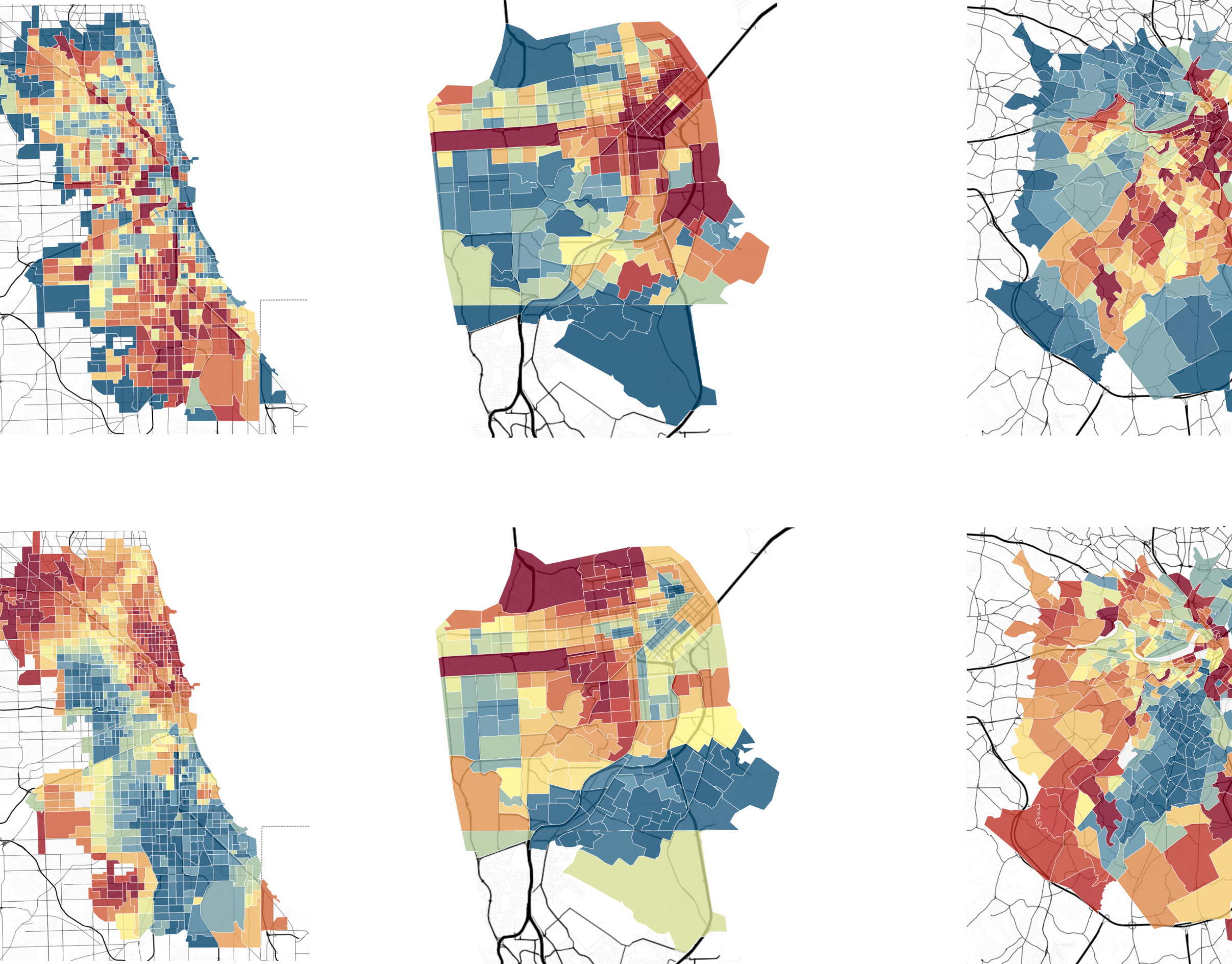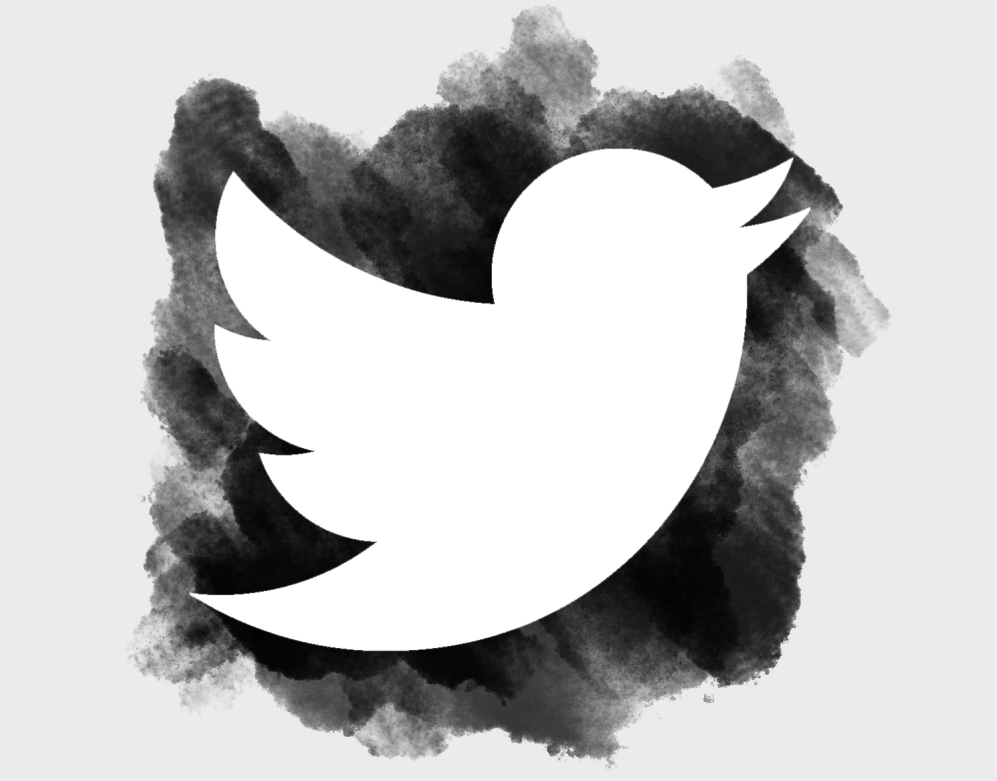
Analyzing San Jose 311 Usage
Faced with increased blight in its neighborhoods and city streets, the City of San Jose has implemented a 311 system in recent years. This system is accessible to residents via a mobile app, a web platform and a call center, all of which allow concerned residents to make formal service requests. Such requests can be made regarding illegal dumping, abandoned vehicles, and road repairs, along with a plethora of other incidents. As the system has grown in popularity, it has become ever more important to ensure the system is equitable and accessible to the very residents it is meant to serve.
Our team has further analyzed trends in the data and developed key considerations which we think would aid San Jose in better serving both those who are using its 311 platforms, as well as those who are not currently using these platforms.
April, 2020
Computational Social Science

Analyzing Bias and Disparities in 311 Calls
The 311 non-emergency system is meant to serve as a gateway of communication between citizens and their local city government. Cities have recently made an effort to make this system more transparent and easy to use by streamlining processes and developing mobile apps. Questions remain about the effectiveness and equitability of such systems.
This project expands on previous work by analyzing millions of 311 requests for potential bias and disparities.
November, 2019
Computational Social Science

Gender Homophily on Twitter
The proliferation of social media in today’s world allows for a number of novel social questions to be asked, particularly regarding how users interact on digital platforms. In this project, I explore gender homophily on Twitter by analyzing retweet trends between male and female users. Out of interest, I perform this analysis on two different sets of tweets: the randomly selected stream provided by Twitter and a set filtered for the word “Greta” meant to filter for tweets related to Greta Thunberg, the young environmental activist.
September, 2019
Computational Social Science

Mapping New York City Uber Pickups
FiveThirtyEight is one of the few organizations to have acquired valuable trip data from a ride-sharing service like Uber. This trip data includes the trip dates, and pickup locations in the form of latitudes and longitudes. Drawing inspiration from similar projects and as someone who enjoys great data visualizations, I wanted to map these pickup locations to see what I could create.
July, 2019
Map